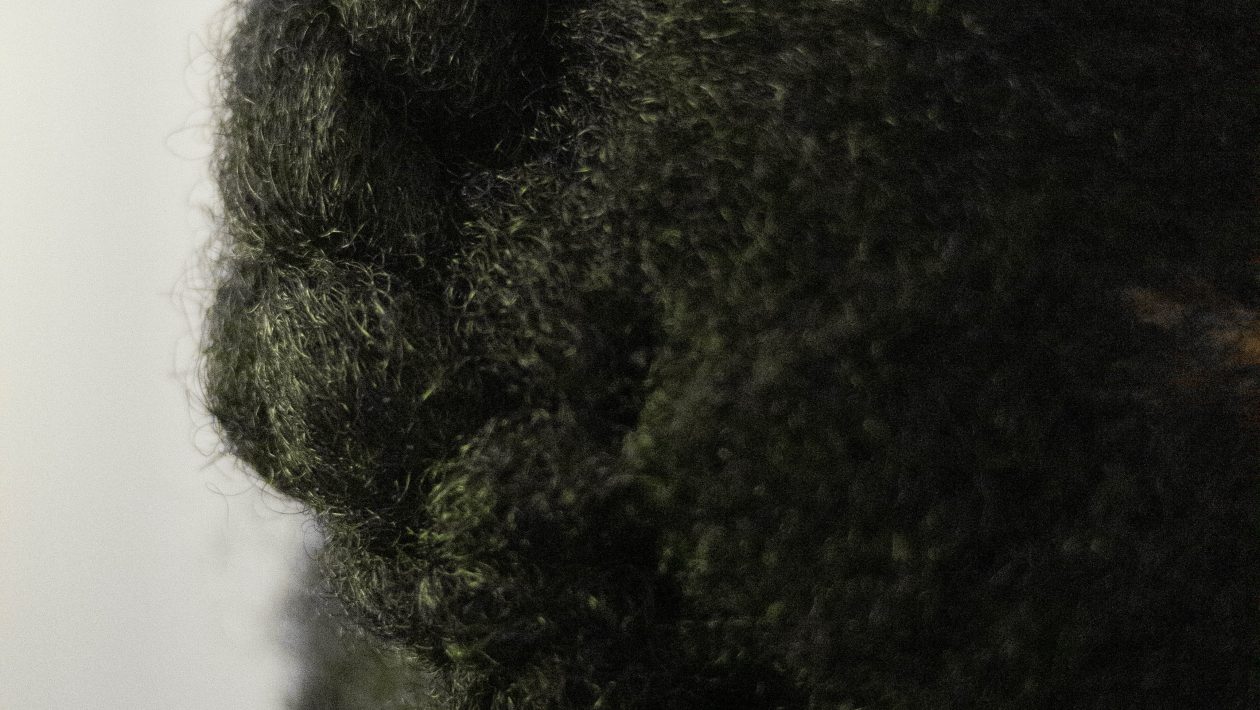Image: Curiosity of Upsplash
I still remember the trauma of having natural hair as little kid. My mom would always fix my hair into two, large, puffy, ponytails on the top of my head. She would use a wide tooth brush and tons of hair grease, in order to keep it in place. Unlike most black girls born in the 90s, my hair wasn’t straight. I was asked by my peers and adults a constant, dreaded, unavoidable question; ‘When are you getting a perm?’ All the comments about how I should ‘do something about it,’ got under my skin. One day my mom decided to straighten my hair with a hot comb. The old fashioned, heavy, metal comb sat on a flame on the top of the stove. I felt the burning heat of the comb near my scalp, as it was slowly, ran through my hair. Once my mother finished, like magic, my hair was long and straight. My two ponytails fell to my shoulders, in two long braids. And for a few days, everyone treated me like a princess. All of the teachers and faculty couldn’t stop complimenting me. My entire class treated me incredibly well. And not a single thing changed about me, except having straight hair. Eventually, my hair went back to its normal state. The critical comments and questions started again.
As an adult, it is completely true; I am treated differently depending on my hair style. I never caved into peer pressure to chemically process it. So my puffy, light curly hair stayed the same, only better managed by modern oils and moisturizers. And as you would expected it, the compliments and positive comments come, when my hair is styled straight. Sadly, the world does judge women on outer appearance. Now, there is a law that stops discrimination based on hair texture or style. The public judgment of natural black hair is in fact so extreme; laws have to be past protecting black people with natural hair. Let’s rephrase the statement; state governments have to pass bills, making it illegal to enforce disciplinary action for wearing black hair without manipulation to texture.
The CROWN act (Create a Respectful and Open World for Natural Hair) was first introduced in January, 2019 by Senator Holly Mitchell. It already passed, in California, New York and New Jersey. Areas such as Cincinnati, Ohio and Montgomery County, Maryland have enacted legislation of the crown act. At least 22 states are considering implementing this bill. All of these steps are moving forward but there are unanswered questions for the future of black hair.
If you do the math, 25 states aren’t taking any actions in the CROWN act. If this bill is not passed in all 50 states, it leaves the possibility for women and girls to be discriminated for natural hair styles. In West Virginia, Delegate Danielle Walker fought to get the law accepted in her state. She encouraged local, West Virginia residents to support the bill, by calling the head of the committee.
“I cannot control the way my curls and coils grow from my scalp,” Walker says, confidently.
“What I can ask is for people to respect it and for states to move forward and protect it, as other states have done…”
The bill has now been stalled in the committee. Even if, laws are passed to prevent schools and businesses banning natural hair, it doesn’t stop bias towards non-natural hair styles.
According to a research study published by Dove:
“A Black woman is 80% more likely to change her natural hair to meet social norms or expectations at work”
If a black woman wears her hair in a natural hair style to a corporate job, will her boss see her as less professional and not consider her for a promotion? And will a black student in school change his natural hair texture, to avoid cruel insults from their classmates and “fit in” with their social norm?
Real freedom of hair choice will come, when society is not forced to accept hair styles but embraces them as a normal part of life. Not only should the fight be to see natural hair acceptable in public places, it should be perceived as appealing and professional. In Minnesota, 4- year-old Mya Williamson attended the Crown act session, wearing her hair in one large, natural, puffy, ponytail. She watched as Rep, Rena Moran, who introduced the bill to the House of Representatives, wore her hair in braids for the first time in 10 years. Later, Briana Williamson, Mya’s mother, asked her daughter a simple question.
“What’s important for people to know about natural hair?”
“That it is beautiful and it is great,” said Mya”
